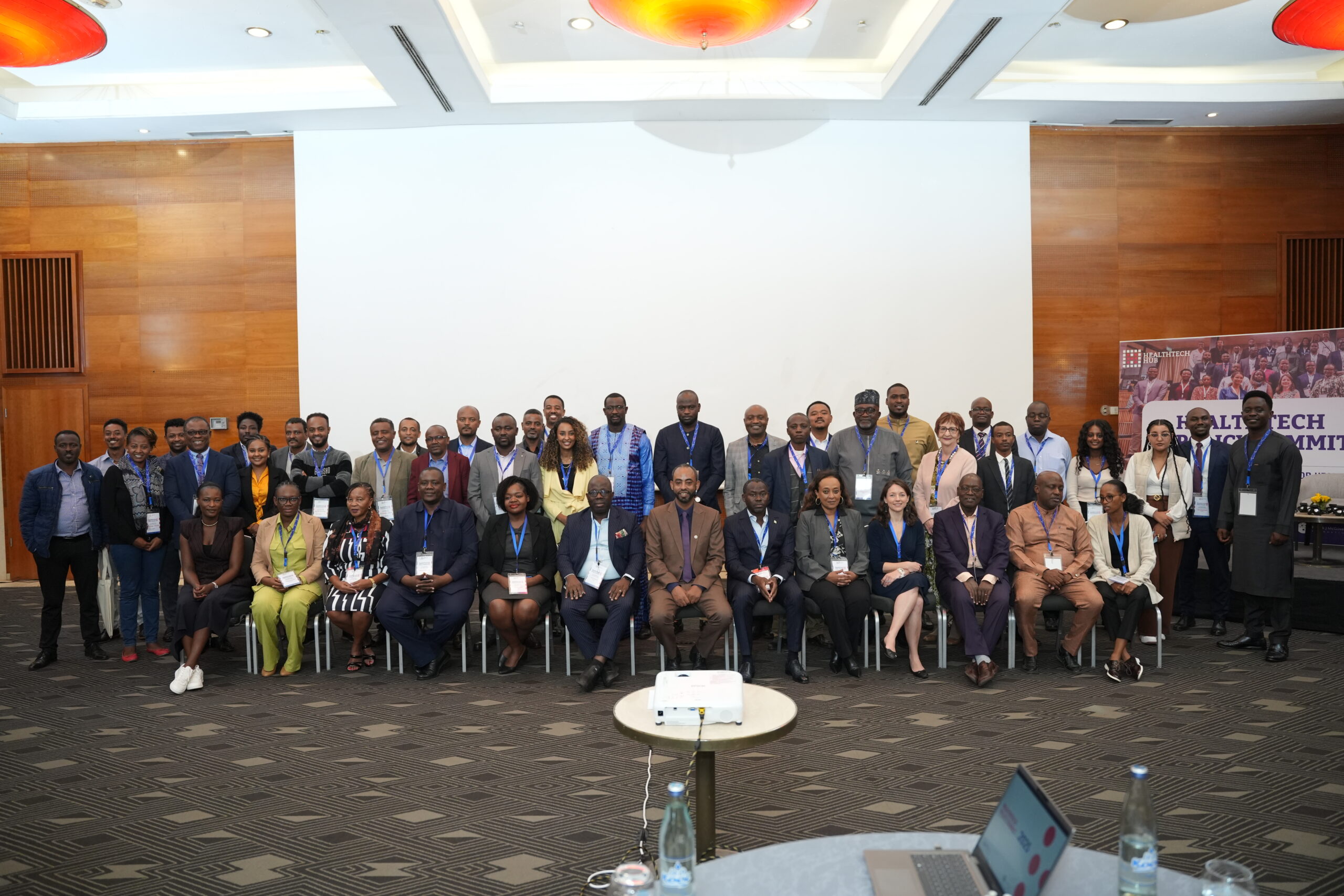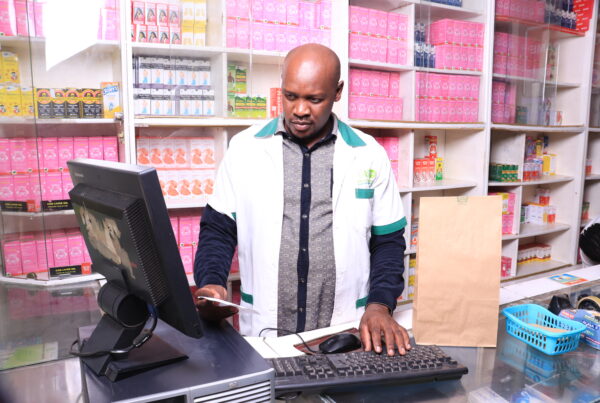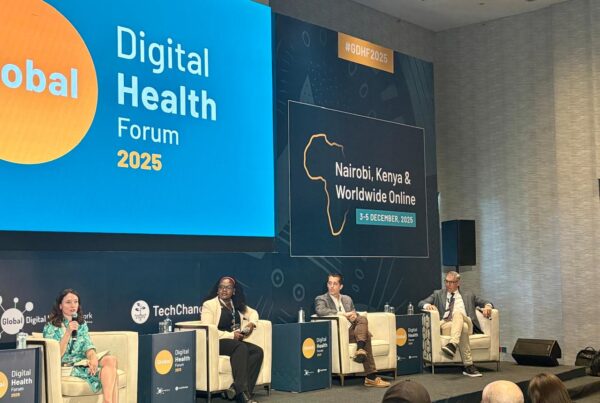The HTHA Policy Summit brought together a diverse group of stakeholders, including government leaders, innovators, donors, and other HealthTech partners, to discuss how to accelerate HealthTech in Africa. The summit was a key event for the HTHA Intergovernmental Working Group (IWG) and focused on fostering dialogue and collaboration. The discussions and presentations revealed a shared vision for the future of digital health on the continent, emphasizing the critical roles of collaboration, data, and policy in driving progress.
Building and Scaling Public Sector Partnerships
A central theme of the summit was the necessity of co-creation and partnership between innovators and governments. Policymakers from Rwanda, Malawi, and Kenya shared valuable insights on how to navigate the public sector. They stressed the importance of aligning with national health priorities, which are often publicly available and well-defined. In Rwanda, for example, the Health Sector Strategic Plan has five priorities, and innovators are encouraged to align with them. Similarly, Ethiopia’s Ministry of Health has a National Health Innovation Demand Articulation Document that outlines its top eight priorities.
A key takeaway was the advice to innovators to engage with and build relationships with “change agents” within government, who may not always be the most senior officials. These are the individuals who understand the day-to-day needs and can help advance a solution from the ground up. The process of building trust and understanding the “structured chaos” of government was highlighted as crucial for successful partnerships.
Evidence Generation for Policy Influence and Investment Readiness
The summit also dedicated a masterclass to the critical role of data and evidence. Policymakers and experts underscored that data and research are more persuasive than passion when it comes to influencing policy and attracting investment. Milani Wolmarans from the Ministry of Health in South Africa presented a case for using timely, actionable, and aligned data to drive policy decisions, especially in the context of the country’s national health insurance. Dr. Mehdi from Uganda introduced the S.T.A.R.T. framework for effective data reporting: it must be Simple, Team-derived, Actionable, Relevant, and Timely. He noted that a “perfect report that comes late is useless”.
Startups were advised to treat their pilots as research studies, complete with control groups and research questions, to generate credible evidence. This approach not only validates their solutions but also provides the data needed for policymaking and securing investment. The need for regulatory sandboxes was also discussed as a way to create a safe environment for both innovators and governments to learn from new technologies like AI.
Showcasing Innovative Startups
The summit provided a platform for HealthTech innovators to present their solutions and share their experiences.
- Dot Glasses: Adam Boxer presented this company’s “Radical Concept” for providing affordable glasses. The model uses a simplified eye-testing method and a low-cost, one-size-fits-all frame, making eye care accessible in low-income communities. A study in Bangladesh showed a 35% increase in income for people who received the glasses, demonstrating the tangible economic impact of the solution.
- Hulu Cares: Dr. Tamara Sultan presented a healthcare financing solution that transforms informal risk-pooling mechanisms into tech-enabled platforms for micro-insurance and loans. The company has a serviceable market of 6.2 million people and has already partnered with over 814 risk-pooling groups and 58 healthcare networks.
- Lenat: Rahil, the co-founder, introduced an app that provides remote doctor consultations and educational content for pregnant women. Lenat has reached over 50,000 users and onboarded more than 1,000 doctors, addressing the twin issues of maternal health education and doctor unemployment.
Tenal Digital Health: Dr. Sei highlighted the company’s e-pharmacy and telemedicine solution, which aims to address the low availability of essential drugs and the high cost of travel for medication. The service is already being used by over 60,500 customers and has a total addressable market of $800 million in Ethiopia.












